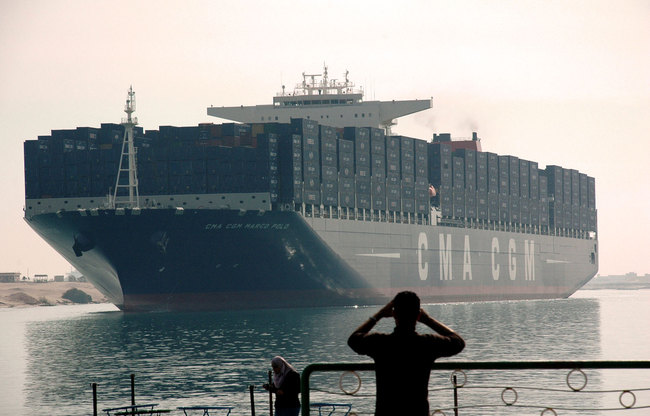The Minister of Public Enterprise Sector Hesham Tawfik, revealed in a press conference on Monday, the ministry’s reform strategy in the near-term, the new strategy divides the state-owned companies operated by the ministry into three categories; profitable, limited-profitability, and loss-making companies, the latter will be the main priority.
According to Tawfik, there are currently 121 companies, in the ministry’s portfolio, 73 of each are generating EGP 14.8bn profits, while the other 48 are achieving EGP 7.4bn losses, with 26 of these loss-making companies accounting for 90% of the total losses of the sector.
The most prominent of such companies is the Cotton and Textile Industries Holding Company, which achieved EGP 2.57bn losses in the fiscal year (FY) 2016/17.
“Instead of looking at it as a burden, it should be exploited, and return to its former glory,” said Tawfik
To do so, he explained that the ministry reached an agreement with the Agriculture Ministry, to start planting between 10,000 to 20,000 feddans of short-staple cotton in the country for the first time, to fulfil the domestic market demand, and limit imports, that currently stand at about 2m kantars (around 90,000 metric tonnes) annually.
Moreover, as part of the reform plan, 14 cotton gins out of the 25 that the company currently own will be closed, and the land where they are built on to be sold for EGP 27bn. The money will be re-invested to modernise the remaining 11 gins and get new equipment to increase their productivity.
Finally, the ministry plans to collaborate with the private sector to form an initiative for vocational education, similar to Mubarak–Kohl, to provide the technically skilled workers that will be needed for the company.
Furthermore, Holding Company for Chemical Industries, which is considered to be another huge loss-making company, with EGP 2.4bn in losses, such losses were distributed among the company’s subsidiaries, with El-Delta Company for Fertilisers and Chemical Industries achieving EGP 506m losses, El-Nasr for fertilisers and chemical industries with EGP 351m losses, and Transport and Engineering Company with EGP 393m, as well as the National Cement Company with 971m losses.
On the other hand, some other subsidiaries are on the other end of the spectrum, such as the Eastern Company with EGP 2.97bn profits, Egyptian Chemical Industries Company with 208m, and Sinai Manganese Company with 171m profits.
Meanwhile, in the case of the Metallurgical Industries company with EGP 1.034bn losses, led by the subsidiary Egyptian Company for Iron and Steel Products with EGP 750m, of which Tawfik explained that the company owns scraps valued at EGP 5bn, that will be sold to pay the company’s EGP 3.8bn debt, and the remaining amount will be re-invested to re-innovate the company.
Moreover, in regard to El-Nasr Automotive Manufacturing Company the minister revealed plans to form a partnership with any automobile manufacturers to produce any of its models in the company, to be exported.




